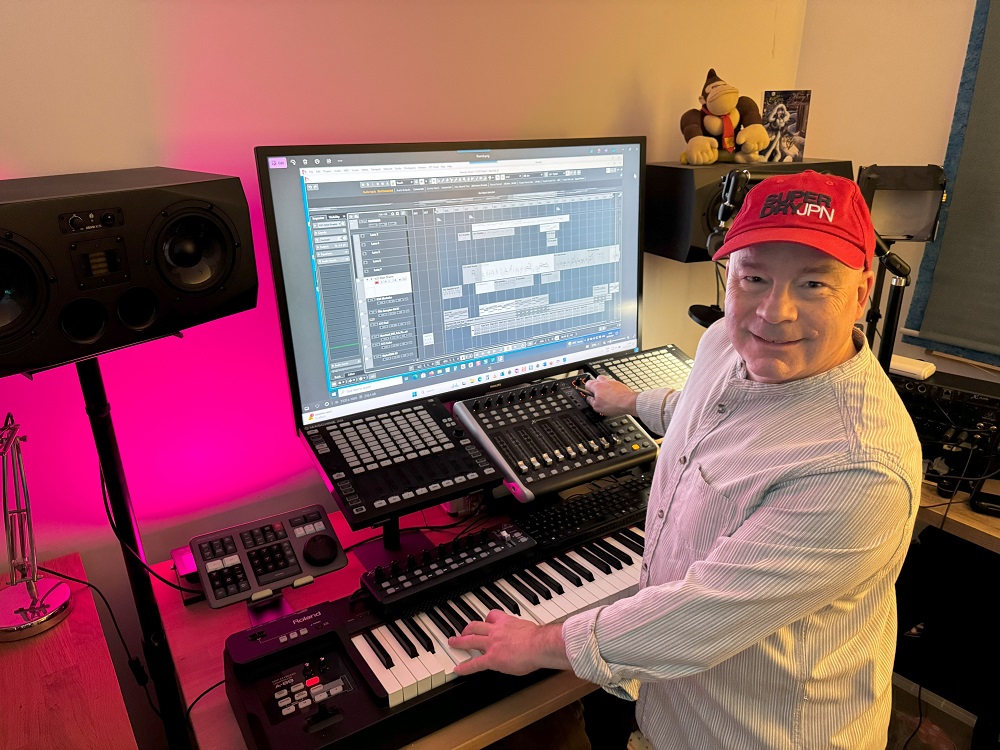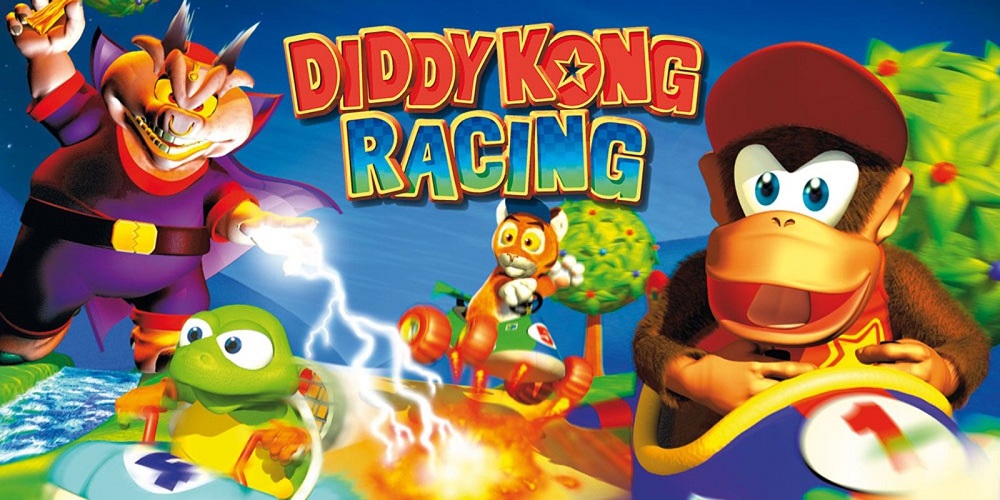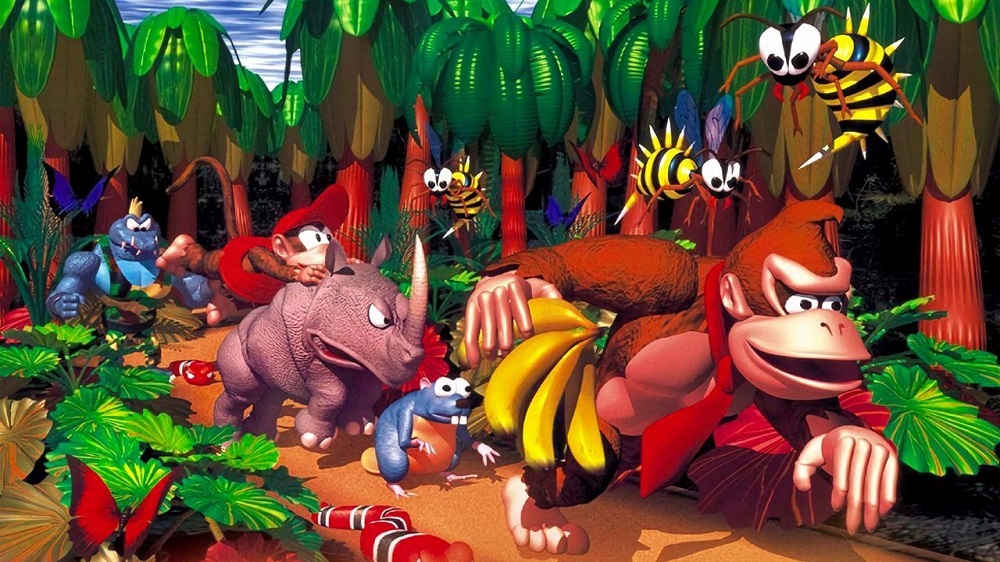





David Wise, the famous British video music composer and musician, is known for his works on series such as Donkey Kong Country, Battletoads and more.
The 57-year-old is now working on various projects including Nikoderiko: The Magical World and Gimmick-2 and he recommends fans of his music to look out for these games.
Wise said to Arab News Japan that he never planned to become a video game composer. “I started sending demos off to record companies in the 80s. I wanted to be a rock star like Phil Collins and things panned out differently, the only thing we have in common is the hair style,” he joked.
“Instead, a company called “Ultimate Play the Game” found me whilst demonstrating keyboards in a music shop in Leicester in England. I went to work for their new company famously known as Rare,” he added.
Wise said that his favorite video games are Mario Kart series, Diddy Kong Racing, Mario, Zelda, Spyro The Dragon and many more.
About the establishment of his career as a video games composer, Wise said, “I started writing music at the age of 15. And I got my first composing work with Rare when I was 19. The concept is still pretty much the same now as it was then.”
“My first game was a game called Slalom (1987) for NES, a downhill skiing game which got me into skiing,” he added.
David Wise is known for his music for Donkey Kong Country video game series on Super Nintendo. “I first heard about working on Donkey Kong Country when I was sitting on a beach in France. I had a week or two to think about things before getting back to the studio. Tim Stamper, the creative director at Rare asked me to write some demonstration tunes and I composed 3 short demos. Tim asked me to join all three of these tunes together. This became the Jungle Tune and Nintendo liked it and I got to finish the sound track.”
Recalling his time while working on the project, he said, “My favorite memory from working on Donkey Kong Country is when I got the wave-sequencing emulation working on the Super NES Hardware. KORG, a Japanese Synth Manufacturer, had a synth called the Wavestation, which featured lots of very small waveforms, that could be re-sequenced in any order. As the waveforms were often very small single-cycle, it was a very efficient method of making sounds using a tiny amount of memory giving a much more complex and interesting sounds than using a single sample.”
“The first piece of music I tried this out on, was the ‘Water Music’: Aquatic Ambiance. “When I had the first wave-sequence working, which forms the bass line, it literally changed everything for me. It changed the way I worked and the way I composed music. It clearly worked as people still listen to that music over 3 decades after it was first released,” he added.
About the challenges that he faced during his projects, Wise said: “Each and every project has its own set of challenges. It’s my job to get around them. However, as soon as a project is finished, I continue to use what I’ve learned from the experience to shape the soundtrack for the next project.
“Diddy Kong Racing (1997) for N64 was just pure joy to work on. A great team of people. It was just fun, fun, fun!! I couldn’t get to the studio fast enough every day, just to continue developing this mad racing game we all enjoyed working on,” he added.
Wise visited Japan for the first time in 1997 after finishing work on Diddy Kong Racing. “We went to a Nintendo World Game Show where thousands of people over there were looking at Nintendo Games. I’m looking forward to visiting Japan again at some point. Also, I hope to go skiing in the north of the country next winter.
“The main part of Japanese culture I have adapted is the food. Ramen is a dish that I often make. It’s a light, nutritious meal and easy to make. And that means I can continue working after eating it for lunch,” he added.